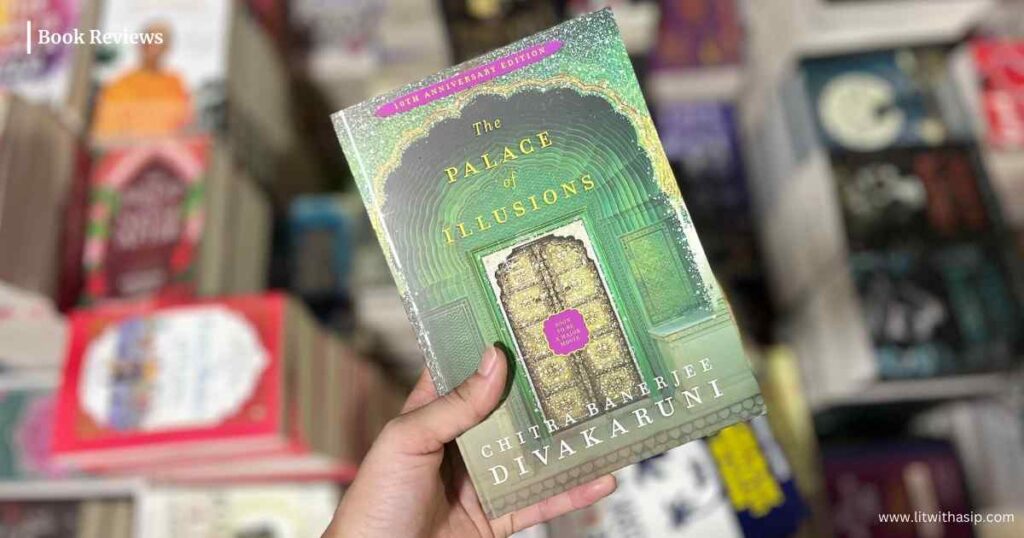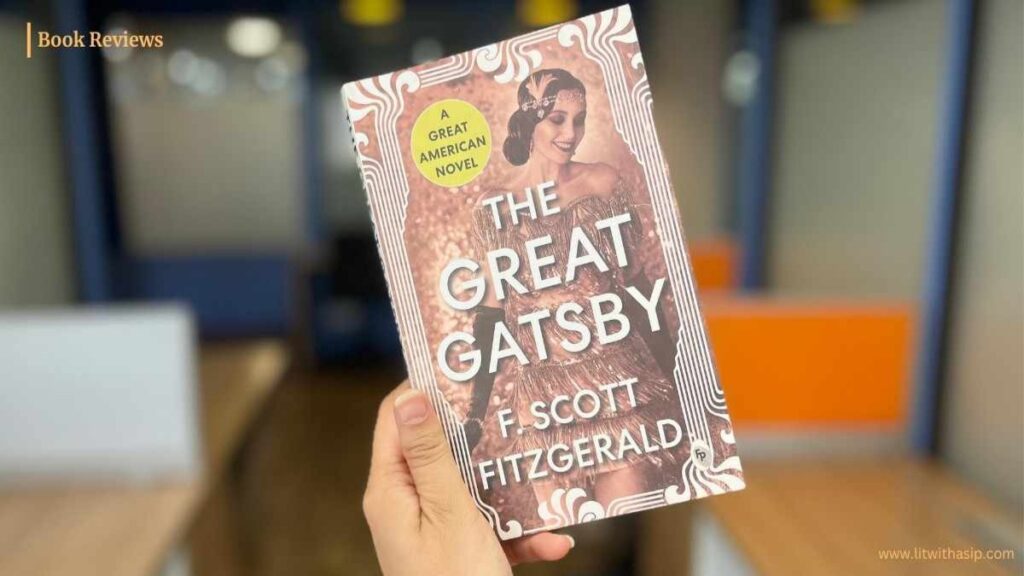‘The Alchemist’, by the renowned Brazilian writer Paulo Coelho, is a novel that reflects the spiritual as well as the inspirational journey of Santiago, an Andalusian shepherd. Originally written in Portuguese in 1988 and later translated to English in 1993, it became the most translated book by a living author in 2009. Winning extensive recognition, it has consistently ranked as one of the top five most-read books around the world. It also remained on The New York Times Best Seller list for more than 300 weeks, and its 1994 French translation also enjoyed significant success.

The widespread acclaim is due to several qualities that the book holds. For instance, it is a thin book, a simple and easy read with no complex language or use of words. It does not have big chapters, rather, is woven with small chunks of paragraphs within the overall narrative flow, making it a quick read. There is a poetic quality attached to the narrative style which makes it intriguing enough to read.
The reader might feel the sentences are repetitive at places, but those are differently woven sentences, ultimately, giving out similar universal themes, intensifying the realization. Filled with images of deserts, dunes, pyramids, sun, and moonlit skies, the scenic and imaginary quality of the novel is praiseworthy.
Disturbed by the recurrent dreams he gets about a treasure, Santiago goes to a Gypsy fortune-teller to get the meaning of his dream. On this quest, he embarks on a journey to the mystical deserts of Egypt which takes him to various destinations, leading him to the profound realization that he seeks more than mere riches. He meets people like Melchizedek (who claims himself to be the king of Salem), the crystal merchant (who hands him fortune-telling stones like Urim and Thummim), Fatima (the girl he falls in love with), and the Alchemist (who teaches him about the Soul of the World).
Through Santiago’s character, Coelho reflects that every individual is chasing after their “personal legend” and despite all hurdles, they must not stop. Philosophical at its core, ‘The Alchemist’ is adorned with numerous universal topics that convince the reader to look at the bigger picture and follow their purpose in life.
A light and insightful read, the book is an inspirational parable and deals with various universal themes. It teaches the reader about following their dreams. The term ‘dreams’ here is used quite metaphorically. It very well portrays how one can discover oneself while journeying towards a destination called the ‘purpose of life’. Embracing and overcoming challenges as one goes, observing signs and omens as one walks forward, finding love and connection, becoming one with the universe, embracing here and now, and understanding wherever you are, you are for a reason and it’s meant to be!
There are spiritual insights and religious annotations present throughout the book. There are important images and figures from the Bible. Certain instances in the novel are pointing out towards religious places, for instance, Santiago’s dream appearing to him while in a Church and his meeting with Melchizedek who asks him to give up on his flock.
‘The Alchemist’ is a metaphor for life in its unique manner. It helps you understand a journey and the challenges attached to it, corresponding to the ones life is made up of. However taxing it may seem, the imagery as well as the final message of the novel is still satisfying and rewarding towards the end.
Interestingly, it has been labeled more as a self-help book than literature. This may be due to aspects like the natural accessibility in the language used. Practical wisdom and focus on personal development showcase that the core of the novel is the message and not the story that revolves around it. The constant focus on finding a purpose in life is an evident self-help book characteristic. Minimum characters and limited reflection on characters except the Alchemist and Santiago show that the writer has kept it straightforward.
Notably, ‘The Alchemist’ has also been criticized for its lack of depth. Although the message conveyed in the novel is significant, the narrative style lacks impact. While various aspects are depicted, they often remain superficial, leaving readers looking out for deeper exploration. For instance, the immediate and seemingly inexplicable bond between Santiago and Fatima is presented as very intense. However, their love story lacks intricate development and instead relies heavily on fate, making it difficult for readers to fully invest in their relationship.
If you are a lover of fiction, and want to read a book that motivates you to follow your purpose, but cannot approach self-help books directly, then ‘The Alchemist’ can be a good pick. The book has continued to motivate people and posits its position as a bestseller, so it might hardly disappoint you!
Frequently Asked Questions

Jennis Jacob, a passionate literary enthusiast in her 20s, is a writer and poet. With eight years of experience in literature, she is currently a master in English and finds inspiration in Womanist, American, and Indian Partition Literatures. Her works have appeared in anthologies such as ‘Carved Words Of Creative Minds’ and ‘100 Splendid Voices,’ and she is working on upcoming books. Through LitWithASip, she aims to ignite a love for literature and empower individuals to embrace their true selves.


Pretty! This has been an extremeloy wonderful post. Many thanks for supplying these details.
This page truly has all the information I needed concerning this subject
and didn’t know who to ask.